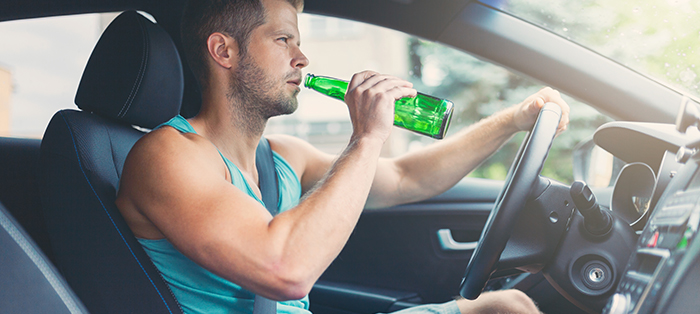Many people often ask, is it better to refuse a breathalyzer or take one if you are pulled over? This month, we are exploring what happens when you refuse a breathalyzer test in Florida.
What is DUI?
Florida statute 316.193 defines a DUI as someone who is operating a vehicle under the influence of drugs or alcohol to the extent their normal faculties are impaired. There are a few substances of which the driver might be under the influence: alcohol, controlled substances, or chemical substances. A person could also be convicted of DUI if they take a breathalyzer and register a blood-alcohol level of 0.08.
Can I refuse to take a breathalyzer?
The short answer is yes, you can refuse to take a breathalyzer; however, your refusal is not without repercussions. Florida has an implied consent law. Implied consent means when a person drives in the State of Florida, and there is probable cause for an arrest, a police officer can request a breathalyzer. Without probable cause, the request is illegal and your attorney can help you get the refusal thrown out of evidence.
It is true that you have the option to decline to take the breathalyzer. However, that refusal will trigger an automatic driver’s license suspension. That suspension can be challenged through an administrative hearing called a Formal Review. Additionally, you might face jail time for the refusal if you have a prior refusal.
I Refused the Test, so what?
As stated earlier, you could lose your license and serve time in jail. The prosecutor often sees a refusal to take a breathalyzer or urine test as suspicious. In a trial, they will argue that a refusal is consciousness of guilt from which the jury should infer that the driver knew he was driving with too much alcohol or drugs in its system.
Will Refusing Implied Consent Help My Case?
As with most things in the law, the answer is maybe. In and of itself, refusing to take a breath test will not always prevent a driver from being convicted of DUI. However, it is one less piece of evidence that the State could use against you. However, as was mentioned previously, if the driver has a prior refusal, an additional refusal results in another criminal charge that is fairly easy for the State to prove.
Also, some police cars are equipped with dash cams and some officers wear body cams. The footage of these cameras will be used in evidence to show erratic driving which led the officer to suspect the driver of driving under the influence. These cameras will also capture any driver interaction with law enforcement that happens after the stop. If you look bad on video, a refusal to submit to a test won’t help you much.


